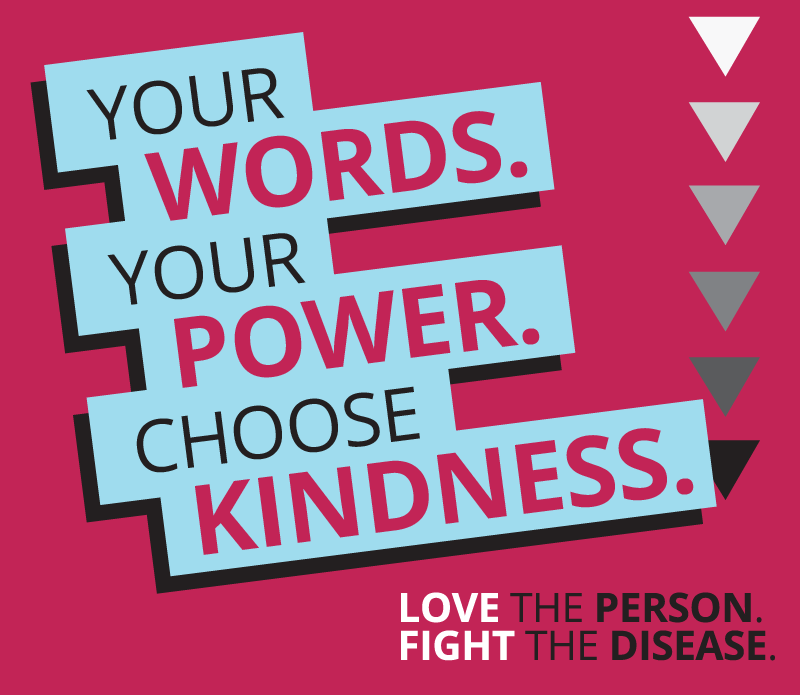 The Kenosha County Substance Abuse Coalition has spent a considerable amount of time working to reduce stigma around substance use disorders. Still, day in and day out I see reminders that we have a lot of work to do. Most recently I read about a truly kind woman who bought a meal for a woman who was homeless. The post ended this way: “So next time u judge a homeless person think twice…not all of them are homeless because of a drug addiction or because they are lazy.”
The Kenosha County Substance Abuse Coalition has spent a considerable amount of time working to reduce stigma around substance use disorders. Still, day in and day out I see reminders that we have a lot of work to do. Most recently I read about a truly kind woman who bought a meal for a woman who was homeless. The post ended this way: “So next time u judge a homeless person think twice…not all of them are homeless because of a drug addiction or because they are lazy.”
I really try not to be a social media troll, but I couldn’t stop myself from commenting: “I love the kindness shown toward the woman, but I think we’d all be hard-pressed to find a person who’s homeless due to laziness. Further, drug addiction is a DISEASE that NO ONE chooses. Let’s be kind to EVERYONE, even those we don’t understand.”
I realize that I’m not going to win everyone to my side, but I am going to give it my all trying!
Stigma is defined as an association of disgrace or public disapproval with something, such as an action or condition. By itself, that’s probably not a bad thing. We often disapprove of people who don’t follow rules, mores, or laws, right? Stigma around substance use disorders (SUDs), however, goes beyond that. Stigma regarding SUDs means that people disapprove of people with a DISEASE – a disease they had no choice in getting. That’s why we have to change how we think about those with SUDs and change our language to reflect our support of them.
I often hear that addiction is a choice, but no one would ever choose to have a substance use disorder. What we don’t know is why one person gets one and the other doesn’t, but here’s what we do know:
- There’s an inherited biological disposition – meaning, it runs in families. If a parent has a substance use disorder, the child is about 40% more likely to have a substance use disorder than the general population.
- A parent’s use – EITHER parent’s use – preconception may also play a role in a child developing a SUD. Give it a Google; it’s a FASCINATING new field of study!
- Early exposure also plays a significant role in SUDs. That is, the younger a person starts using substances, the more likely that person is to develop an addiction. Think about that for a moment: a young person whose brain isn’t fully formed starts making bad choices by using mood-altering substances. Can we really blame that child for then developing an addiction?
- Using a lot leads to a SUD, but, as I like to say, no one wakes up in the morning and says “I think I’ll inject heroin today.” No one PLANS to use a lot in order to develop an addiction in his life.
Which brings me to the next point: addiction is a chronic, progressive, lethal disease, and part of the problem with stigma is that people think it’s only “hard drugs” that cause problems. Until their lives or the lives of their loved ones spin out of control because of alcohol. Or marijuana…. cocaine…benzos. Or opioids. Because when someone is finally using meth or heroin, we all know that person has a significant substance use disorder, and that’s when we say “It’s his fault. If he hadn’t picked up, he wouldn’t be addicted.” Do you see how ridiculous that is? Again, no one wakes up in the morning to get ready for his job and says, “Today is the day I’ll try meth.”
The trajectory is much more unsteady because addiction is not a choice. I once worked with an outstanding Recovery Coach who told about how she bargained with herself to determine if her addiction was, indeed, a problem. She’d say to herself, “As long as I’m not using cocaine, I’m OK.” Until she used cocaine. Then she’d say to herself, “As long as I’m not using heroin, I’m OK.” Until she used heroin. Then she said to herself, “As long as I’m not shooting up, I’m OK.” Until she shot up.
No one wants to have any disease, and the disease of addiction is no different. Let’s be kind to EVERYONE, even those we don’t understand.




